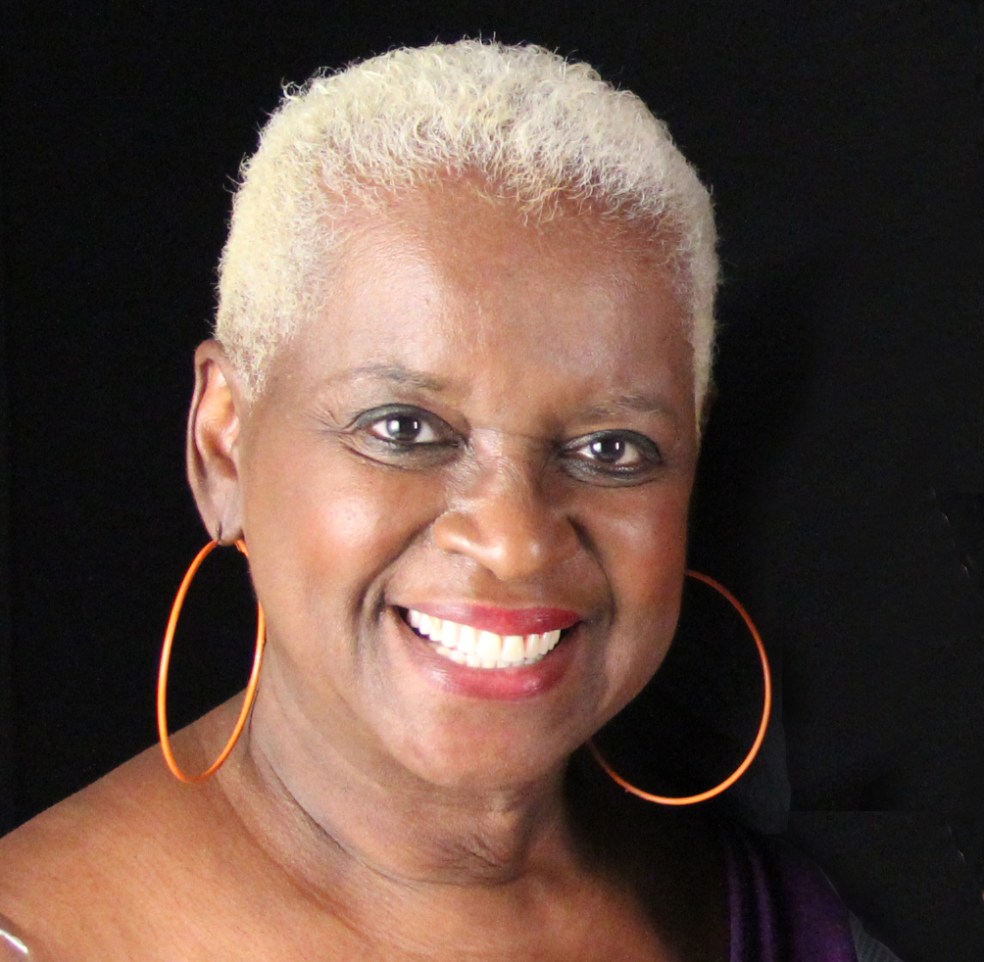From the Louisville Courier-Journal, Thursday, April 10, 1997
I have said ugly things about gay people, and I’ve laughed at gay jokes. I, who am female and black, and who know firsthand the sting of contempt, and how bigotry can suck the light right out of a person’s world.
Me, a homophobe!
But like racists, I comforted myself as not really being homophobic because I did and do have gay friends. I couldn’t really be homophobic when I’d never stoop to physically attacking a gay person, or marching in an anti-gay parade.
But I was homophobic. In fact, I was the worst kind, because I ignored it in myself and my social circle. Looking back, I realize that I was no different from those whites who say that since they didn’t invent racism — though surely they’ve benefitted from it in ways most can’t begin to imagine — they can’t be held accountable for it, or be expected to do anything meaningful about it.
Homophobia, like racism, is embedded in the culture; and bigotry doesn’t die easily.
Growing up, I never heard the terms lesbian or gay. Instead, gay people were called sissies, punks, faggots, butches, and dykes. I don’t know the derivation of these terms, but I know that when uttered, they sounded and felt like hissing.
Even my Dad often admonished my two sisters and me to stop smooching my nephews so much lest the boys grow up, Daddy said, and become faggots intead of men.
I recall the occasion when my late husband, Brian, slammed some poor guy into a jukebox, saying, “He looked at me funny.”
Such things still do happen, and they’re the reasons why I often say that if there’s anything I wouldn’t ever want to be, it’s gay, and especially not black and gay, since, I’m sorry to say, many African Americans are rabidly homophobic.
Perhaps it’s because African Americans have so much else to contend with that homosexuality on top of it all is just too much.
Whatever the reason, African Americans are a mass of contradictions relative to homosexuality. In our churches, for example, some of the same preachers who’ll reduce you to tears with stirring, Biblically referenced denunciations of racism may in the next breath thunder against homosexuals, as if gay men and lesbians aren’t sitting right there in the choir and in the pews.
It’s crazy, but many African-American Christians will shout and do a holy dance to James Cleveland’s gospel, yet deny what was an essential part of his being — that besides being a great singer and composer of religious music, Cleveland was also homosexual.
I was reminded of how hatred finds powerful allies in silence and excuses watching a 26-minute documentary, All God’s Children. The video was jointly sponsored by Woman Vision, the National Gay and Lesbian Task Force Policy Institute and the National Black Gay and Lesbian Leadership Forum.
The documentary evidences the black-on-black mistreatment of gays and lesbians; it documents how our ignorance and contempt have driven many gay brothers and sisters into “dark and lonely closets.”
The Rev. Jesse Jackson appears in the documentary.
“Whenever we begin to make these great judgments — about who is superior, who is inferior, who is chosen and who is the master, who is worthy, who is unworthy — the premise is then laid for violent attacks, for destruction and murder, and for harm and injury,” Jackson said. “We must reject that. We are all God’s children.”
Also to the point in the powerful documentary is the Rev. Cecil L. Murray, pastor of the First AME Church in Los Angeles, who says to African-American Christians in particular:
After being excluded all of your life — after knowing the stigma of being labeled and typed and stereotyped, and being treated as if you are an outside child of God — if that doesn’t sensitize you to human beings as human beings, if that doesn’t make you take the stand of the underdog, then you are a real dog.
Truly, I was already fired up by the time I met a small group of gay activists for dinner last Friday. Our group talked a lot — maybe it was just me — about the stuff of life: politics, culture, religion, and Sen. Jesse Helms.
Mandy Carter, who was in Louisville to deliver the keynote address at a conference the following day, is a powerful woman. I read that she blew everyone away at the National Gay and Lesbian Task Force’s annual conference last year when she said that Helms, that enduring symbol of the “old South,” handily won re-election last fall because, first, “the gay community couldn’t get over its racism to work with [Democratic nominee Harvey] Gantt, and two, because the black community couldn’t get over its homophobia and work with us.”
Of course, there are many others like Helms. They’ve thrived on the politics of hate and division among people, who if they could sit together and talk together, might just find that there is more common ground among us than we are led to believe. Failing to find that common ground never benefits the masses, only the few.

Journalist, columnist and former member of the editorial board for the Courier-Journal newspaper in Louisville, Ky., Betty Winston Bayé hosted The Betty Bayé Show on TV and has been a contributor to NPR’s Tavis Smiley Show, Essence magazine, Presbyterians Today and Louisville magazine. She earned a master’s degree in journalism from Columbia University, a bachelor’s degree from Hunter College, City University of New York, and an honorary doctorate from Simmons College of Kentucky. A past board member and national vice president of the National Association of Black Journalists, she was a Nieman Fellow at Harvard University and was inducted into NABJ’s Hall of Fame in 2013.
